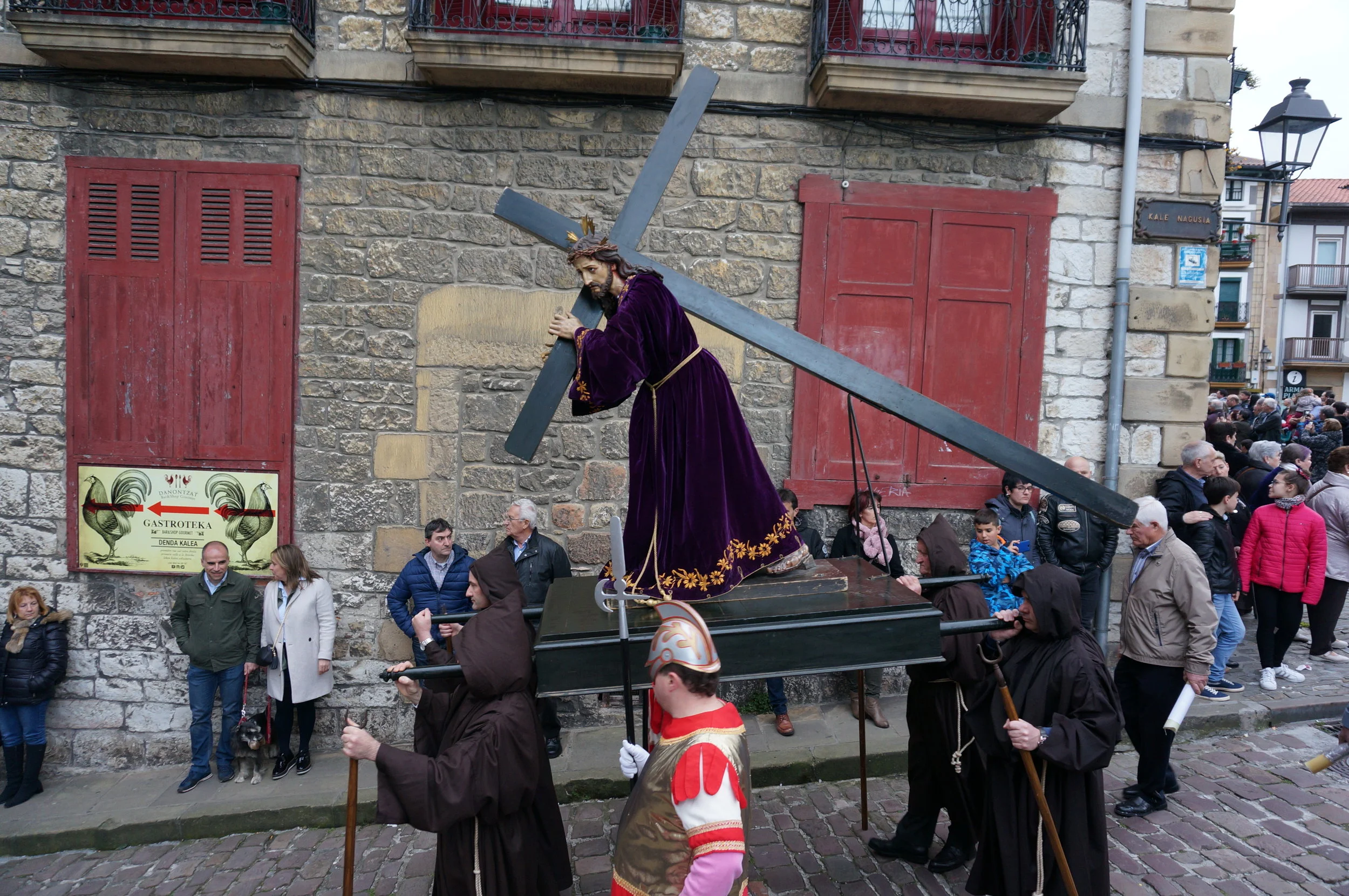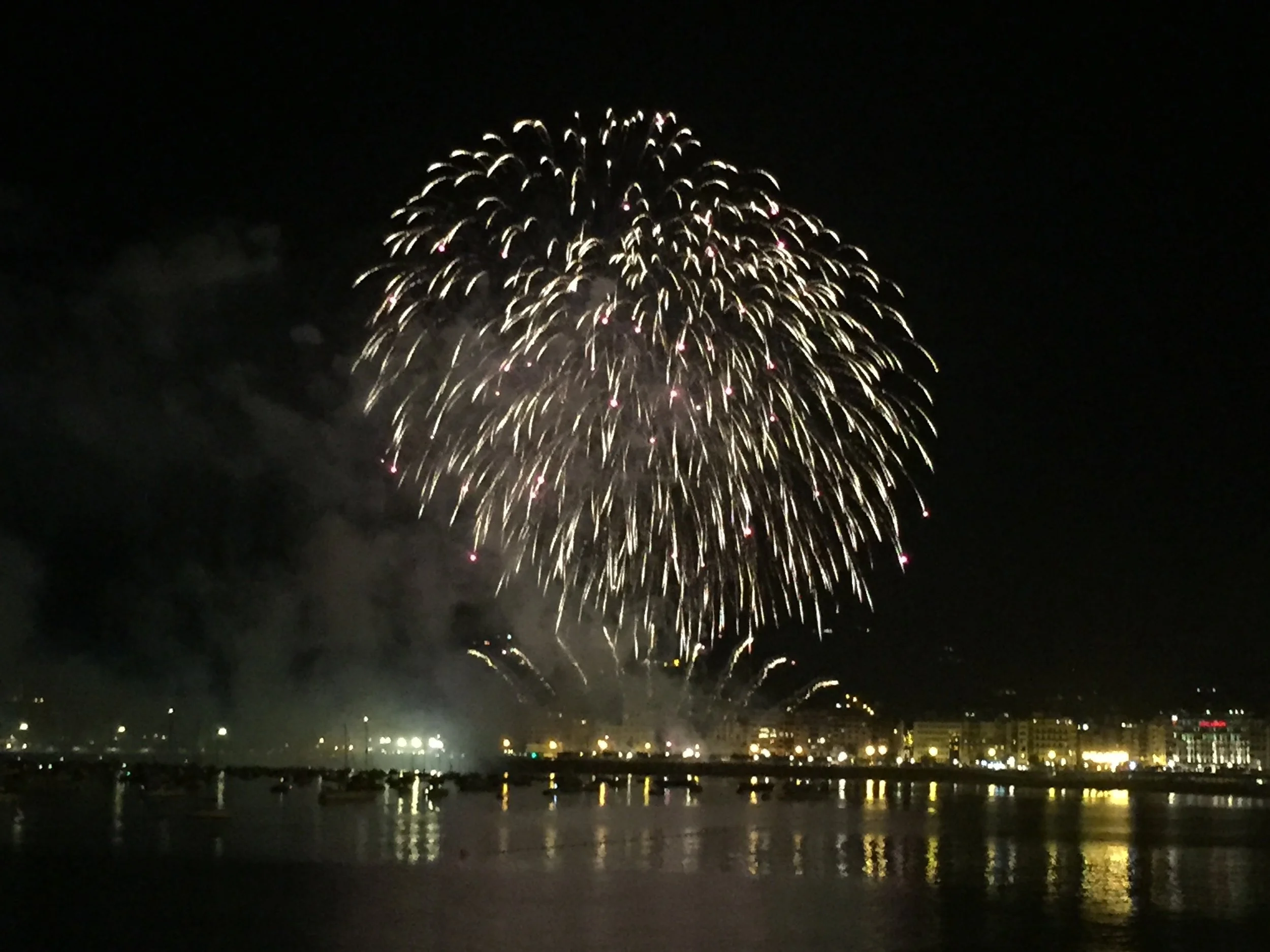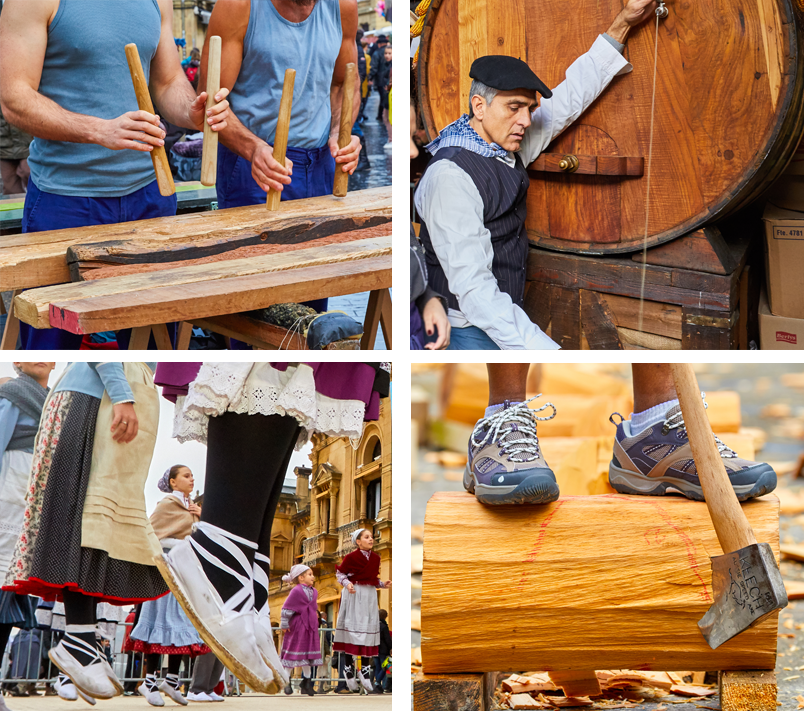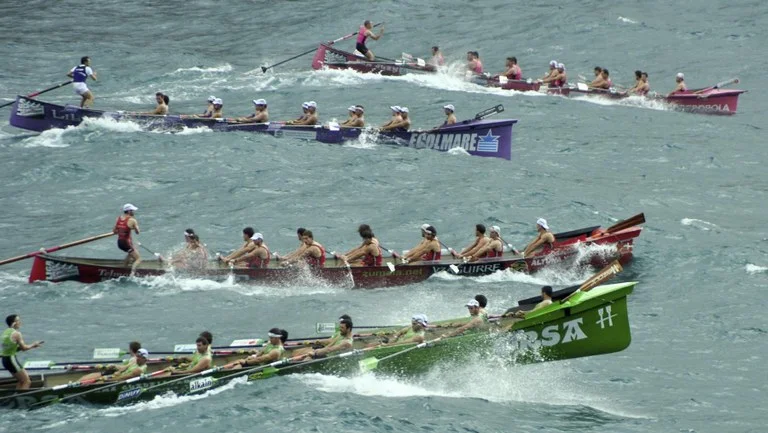
Caldereros
Caldereros Parade takes place through the streets of San Sebastian every year on the first or second Saturday of February . About 400 representatives of 19 gypsy groups in traditional costumes take part in the procession. It is believed that the gypsies bring joy and fun. This parade opens the carnival season. The history of the festival goes back to the 19th century. Traditionally, nomadic tribes of gypsies from Hungary passed through San Sebastian, among whom were skilled craftsmen. Along the way, they earned extra money by repairing dishes, pots and pans. That is why the participants of the procession today carry hammers and pots in their hands. They dance and sing songs specially written for this procession.
























